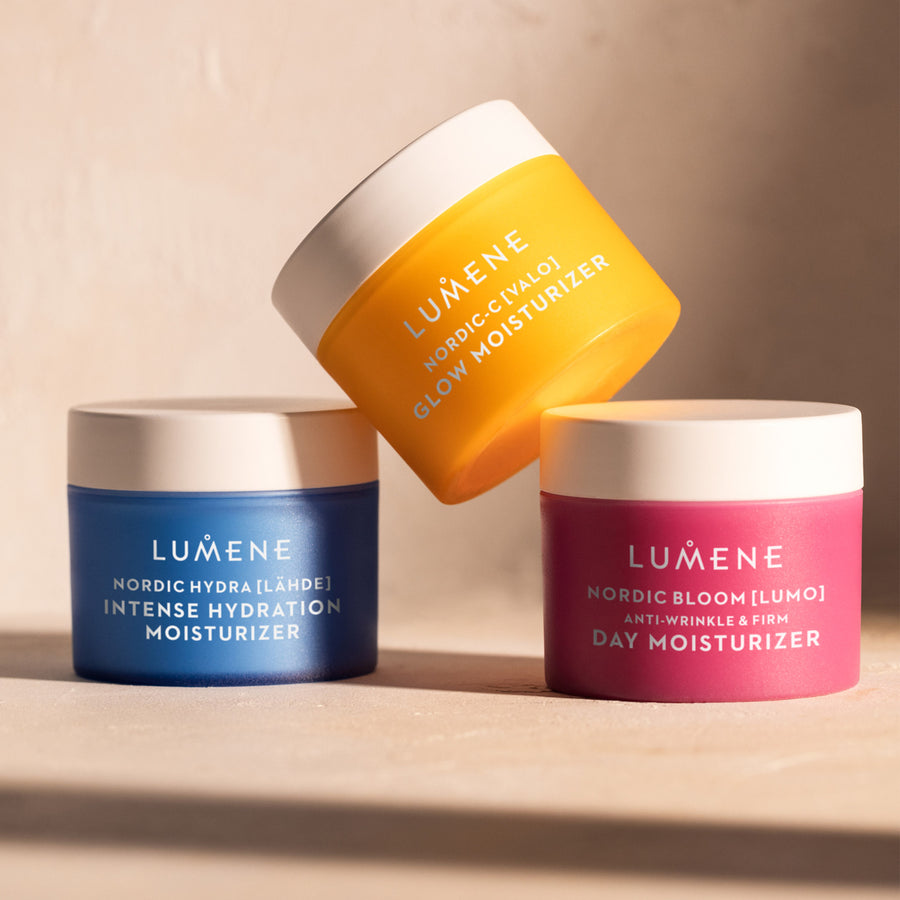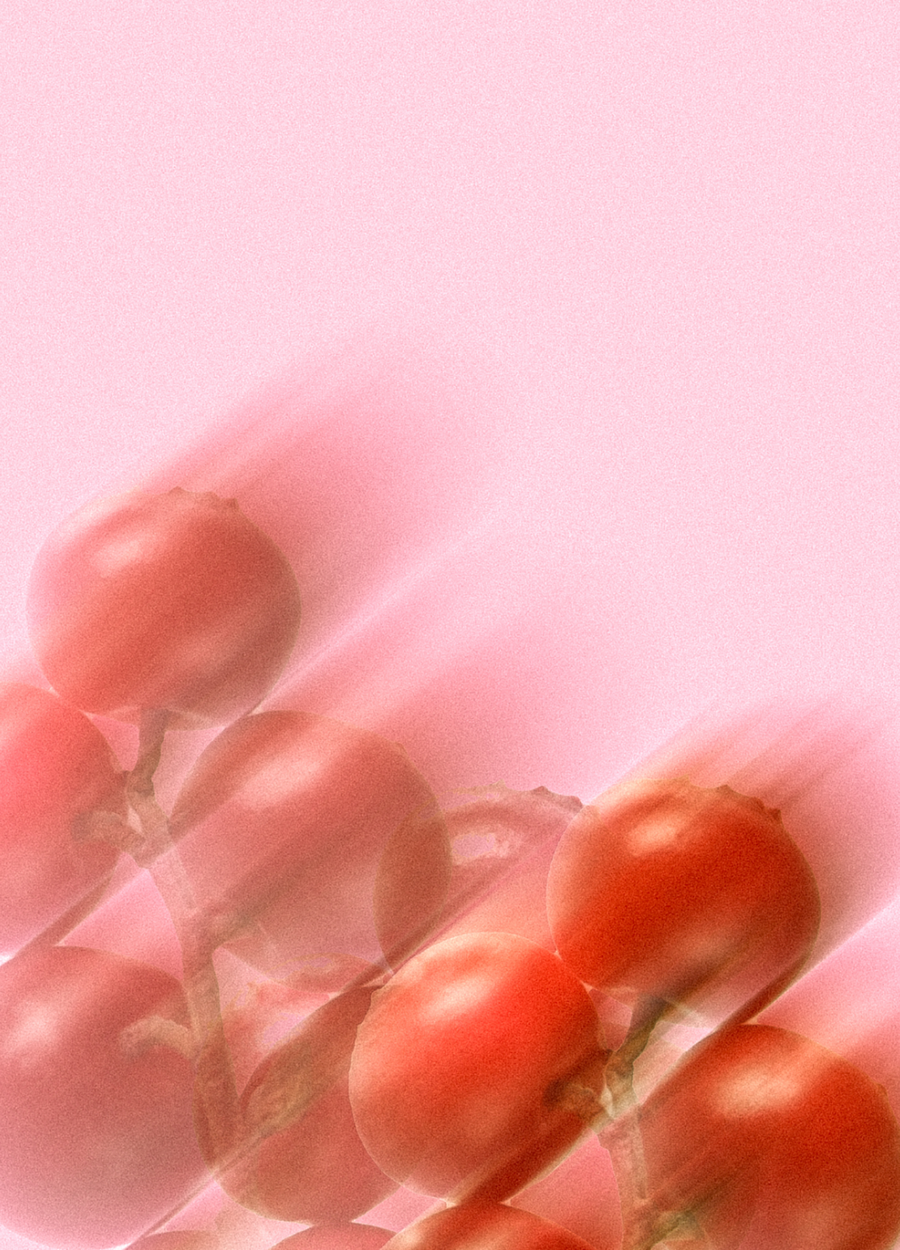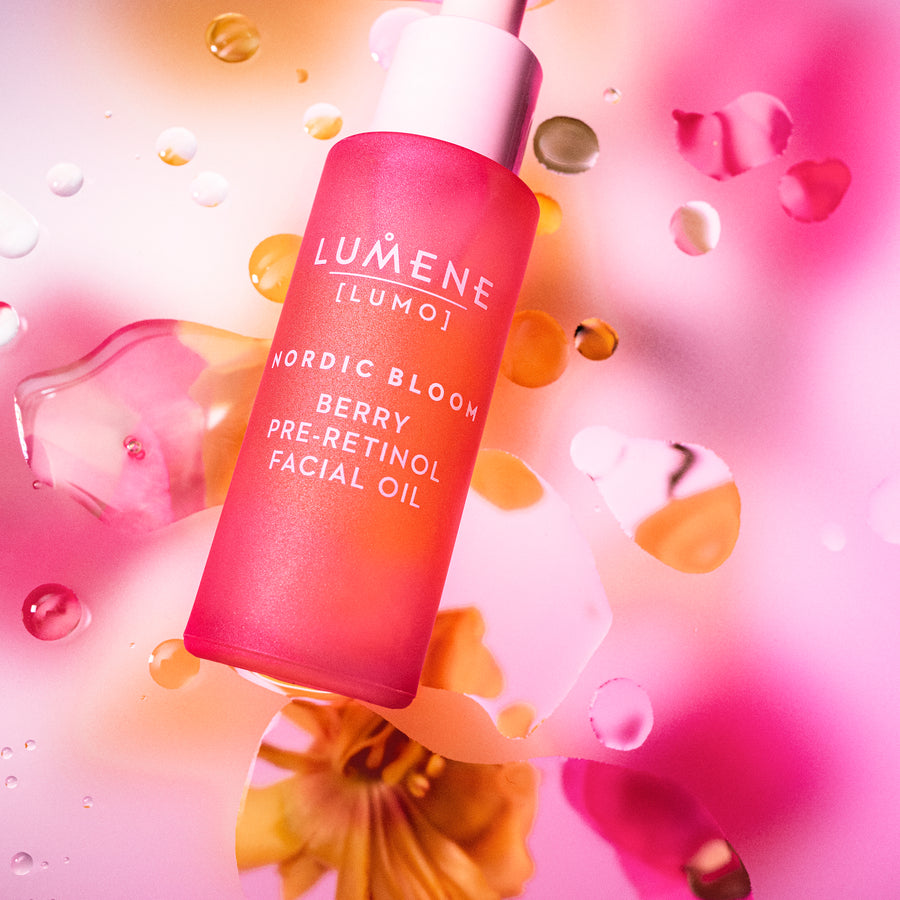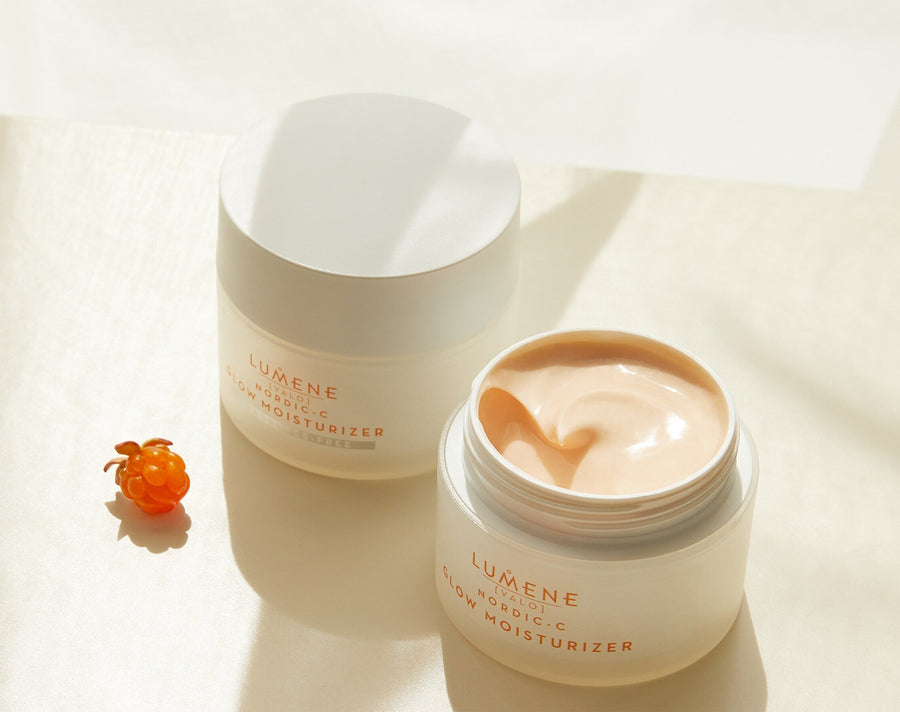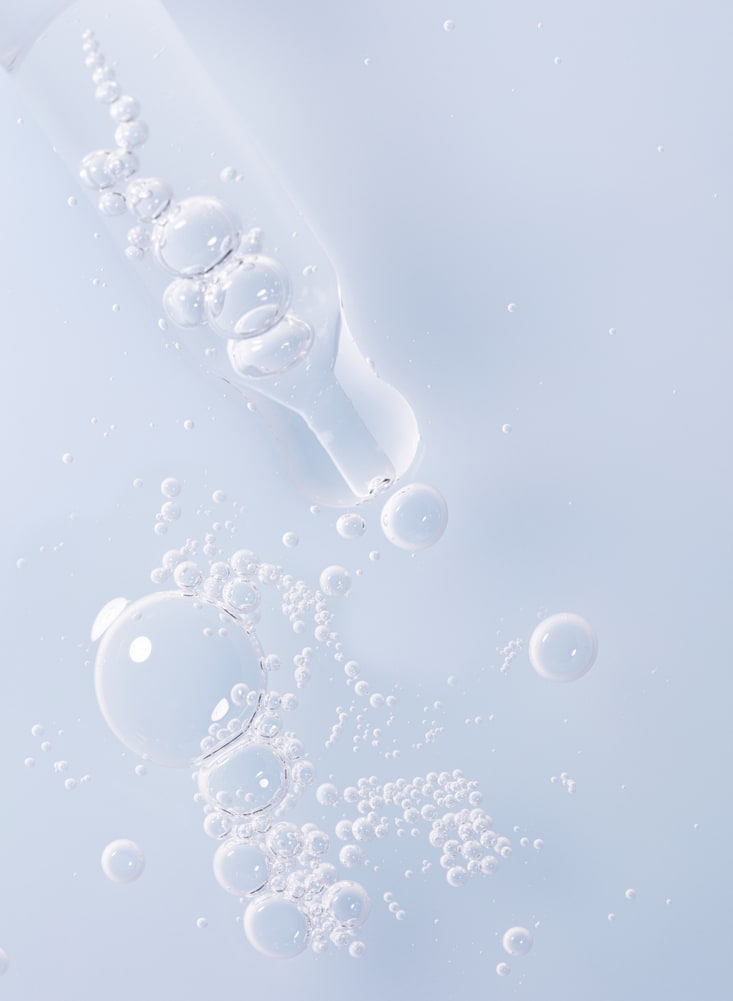Being the Nordic frontrunner in circular economy, LUMENE is now utilising industrial side streams in cosmetic packaging and is launching a biobased jar for moisturizers. For more than 20 years the company has been using raw materials from side streams of the Finnish food and wood industries in its skincare and makeup formulations. Nowadays, the importance of side stream materials is increasing also in the cosmetic packaging.
LUMENE is promoting circular economy by replacing all 50 ml plastic jars in its core skincare product collections with a new, biobased option. The moisturizers in the Nordic-C [Valo] range are the first in line in the launching of the new packaging option.
Lumene's Biobased Jar
2 minutes read
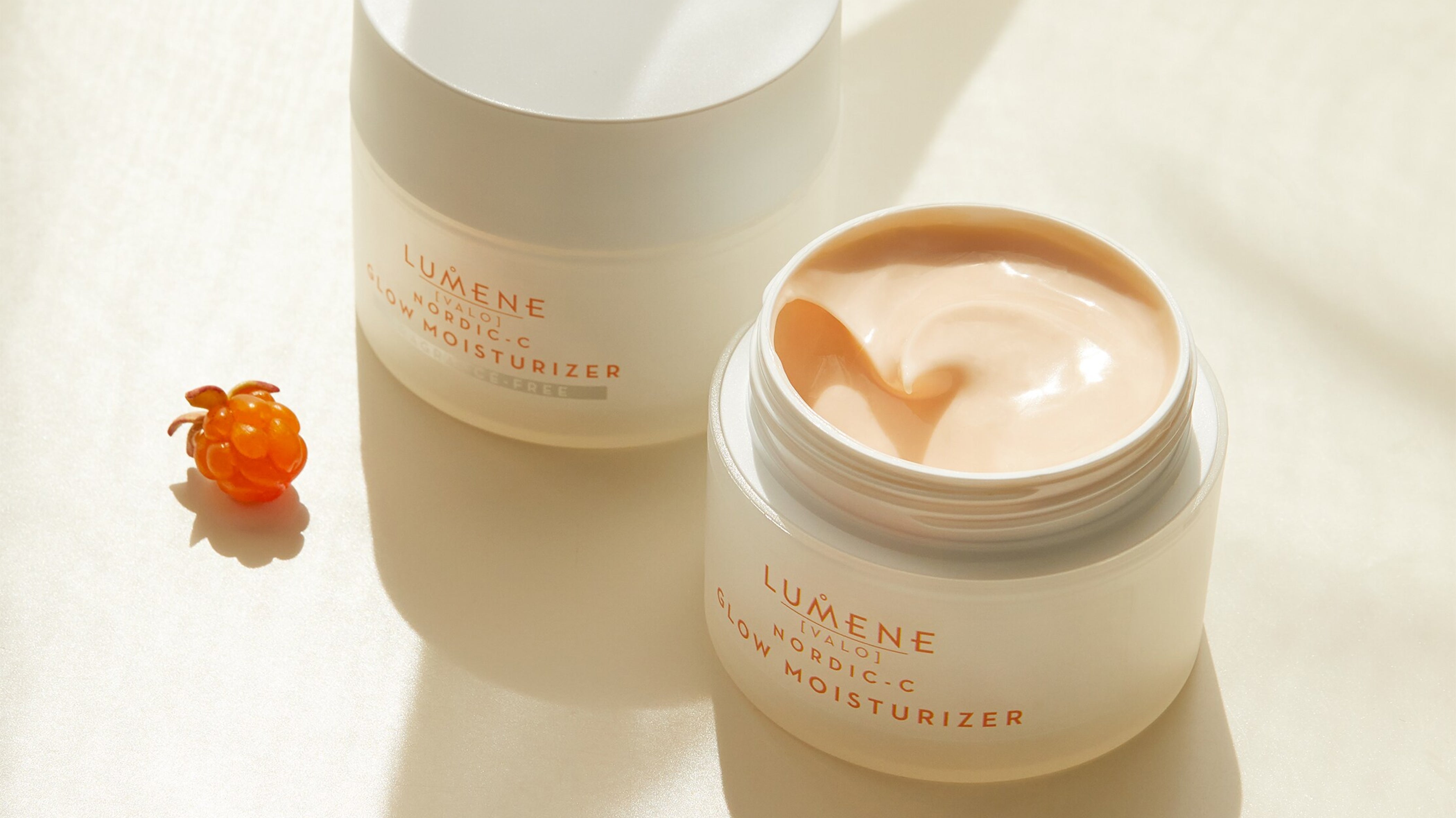
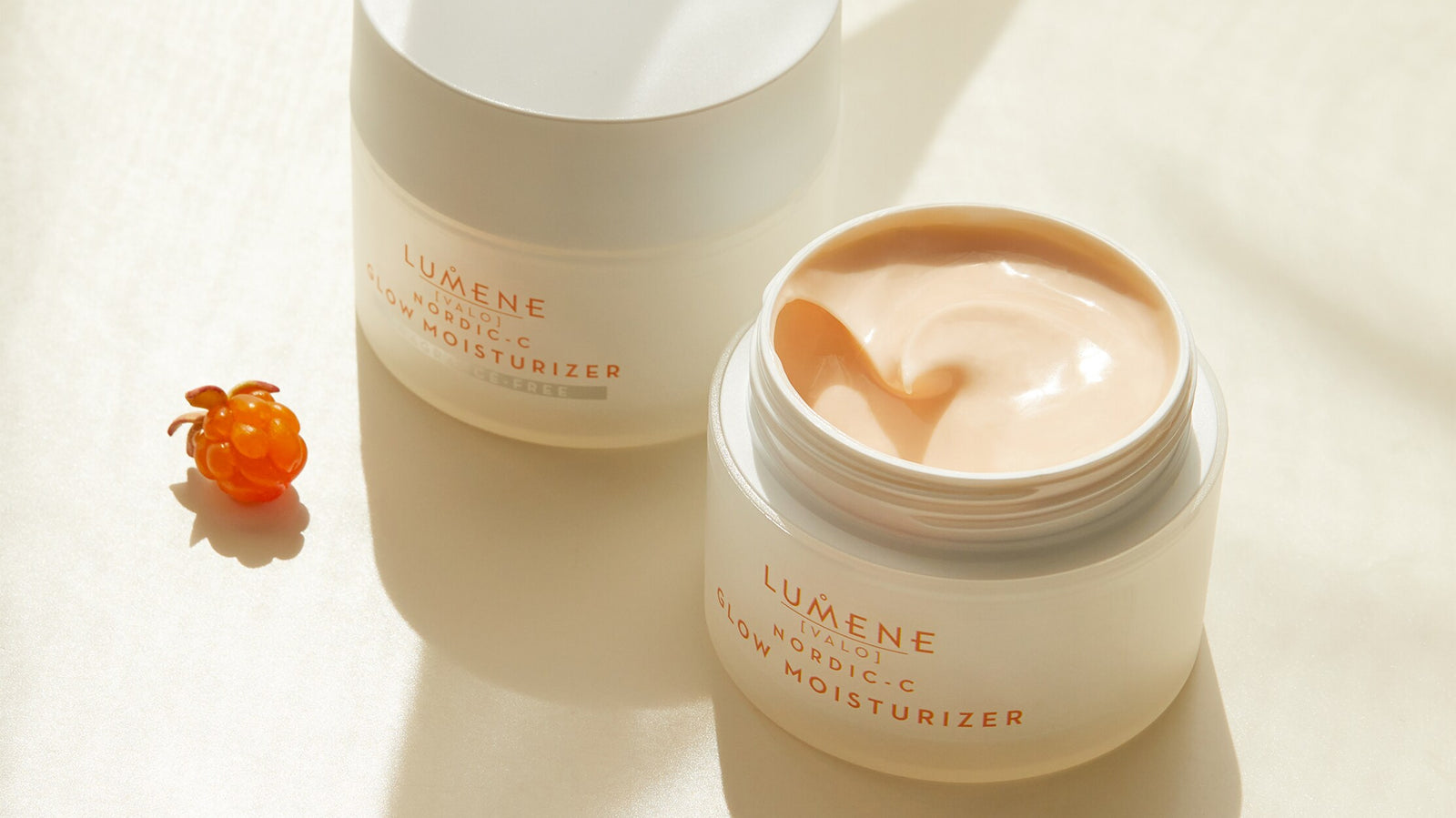
LUMENE is the first beauty brand to launch biobased plastic packaging for moisturizers with both the jar and the label made with renewable side streams from the Finnish wood industry*.




What is this new biobased jar like?
- It is made with a biobased raw material from tall oil, which is used as a raw material in plastic production. Tall oil is a side stream product of pulp manufacturing from the Finnish forest industry.
- It is 97 percent biobased. The moisturizer jar, lid and label are entirely biobased. The soft plastic part of the gasket inside the lid is still made using fossil-based plastic. This constitutes for three percent of the total weight of the jar. At the moment, this part of the gasket is not available in a biobased plastic material.
- It looks and feels the same, and functions just like LUMENE’s previous lightweight jar, which was made of fossil-based material. The biobased jar preserves the facial cream with the same functionality. The cream packaging is made from mono-material meaning that the product is composed of a single material making it easy to be recycled.
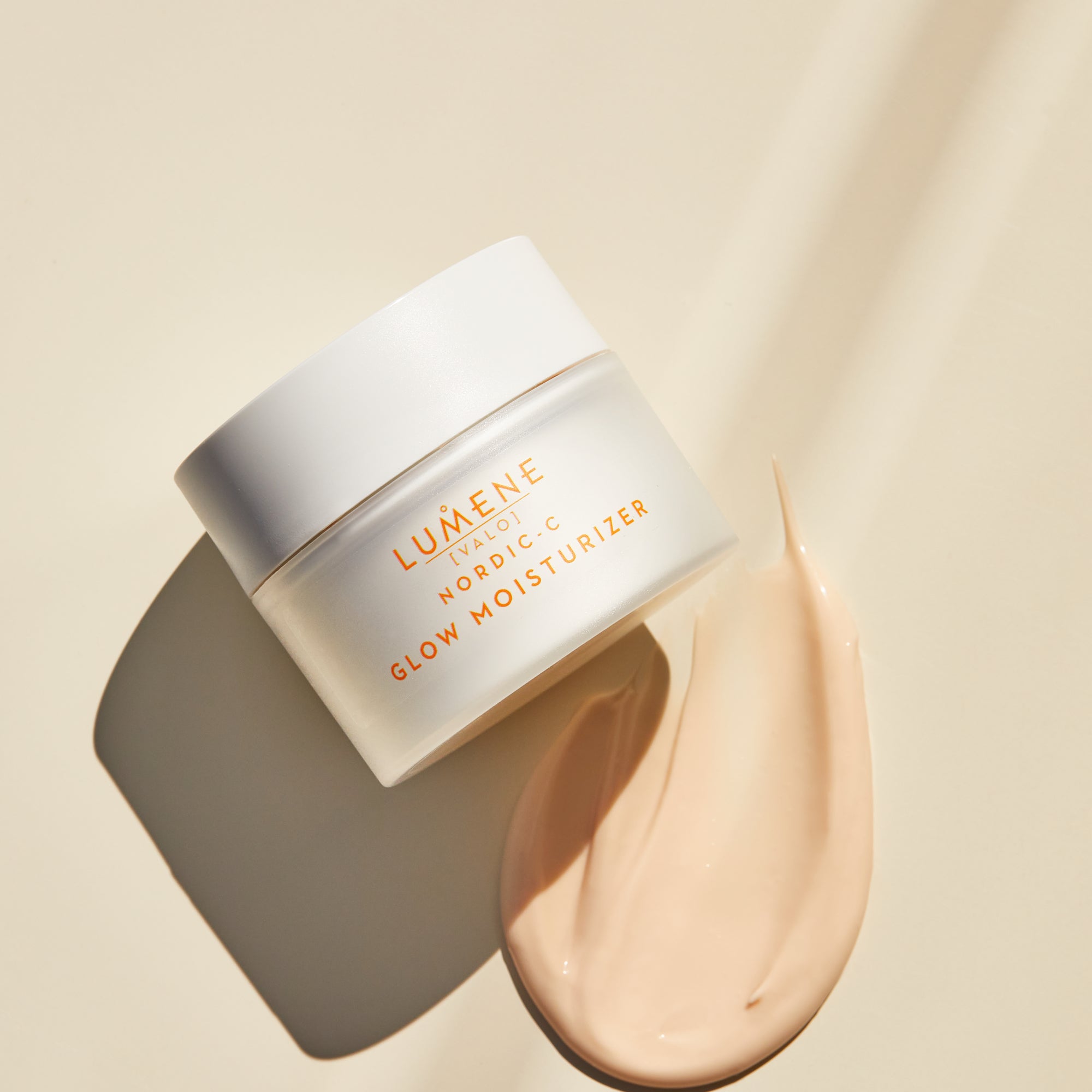
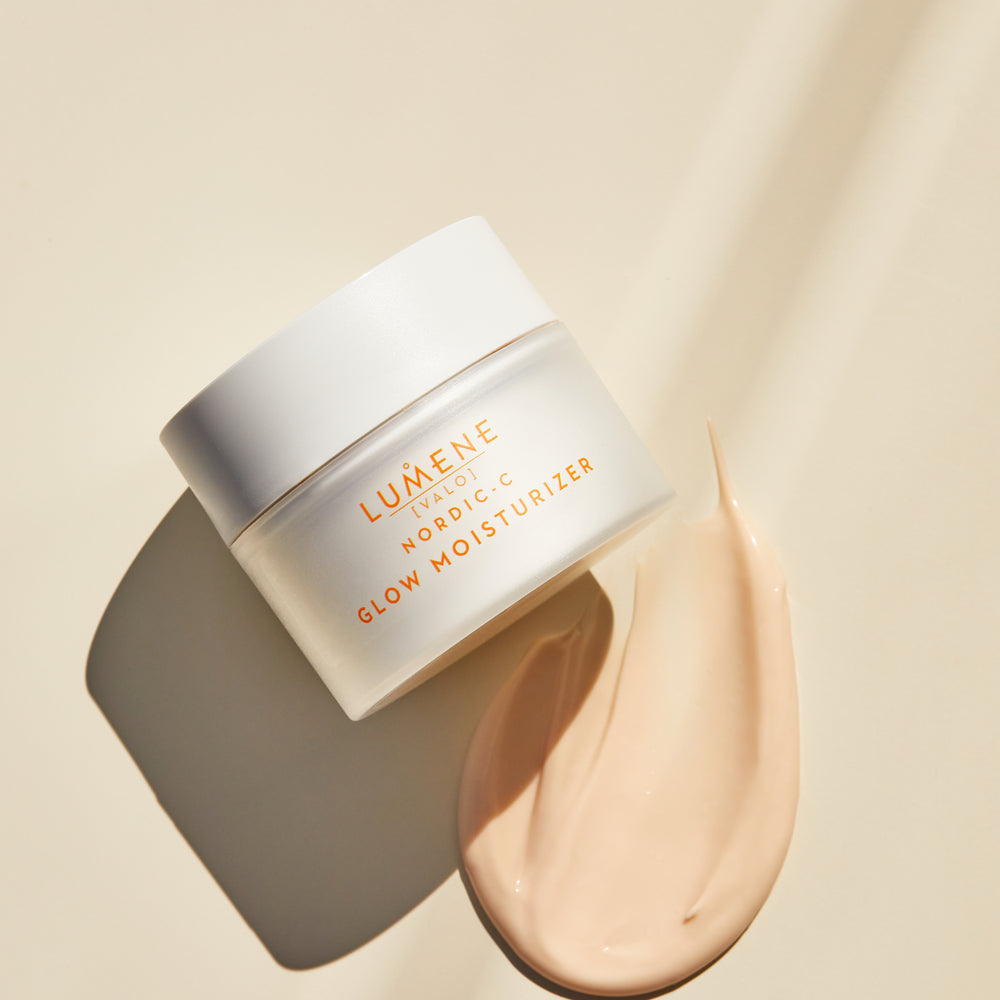
Why choose a Biobased jar?
- It reduces the carbon footprint. In LUMENE moisturizers the packaging accounts, on average, for more than a third of the entire carbon footprint of the product. The most used packaging is the 50 ml jar and approximately 1.5 million of those are manufactured yearly. Replacing fossil-based plastic with biobased material reduces carbon dioxide emissions significantly. The new biobased jar has a smaller carbon footprint.
- The new biobased jar is made from side stream biobased material that doesn’t require additional felling of trees as well as saves fossil-based raw material which otherwise would increase the carbon footprint.

